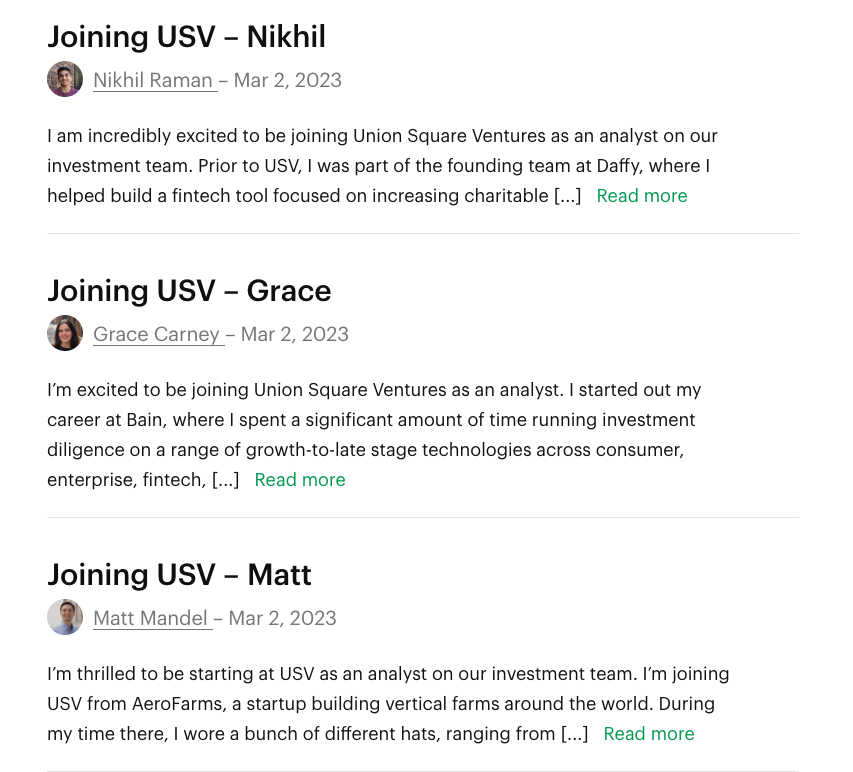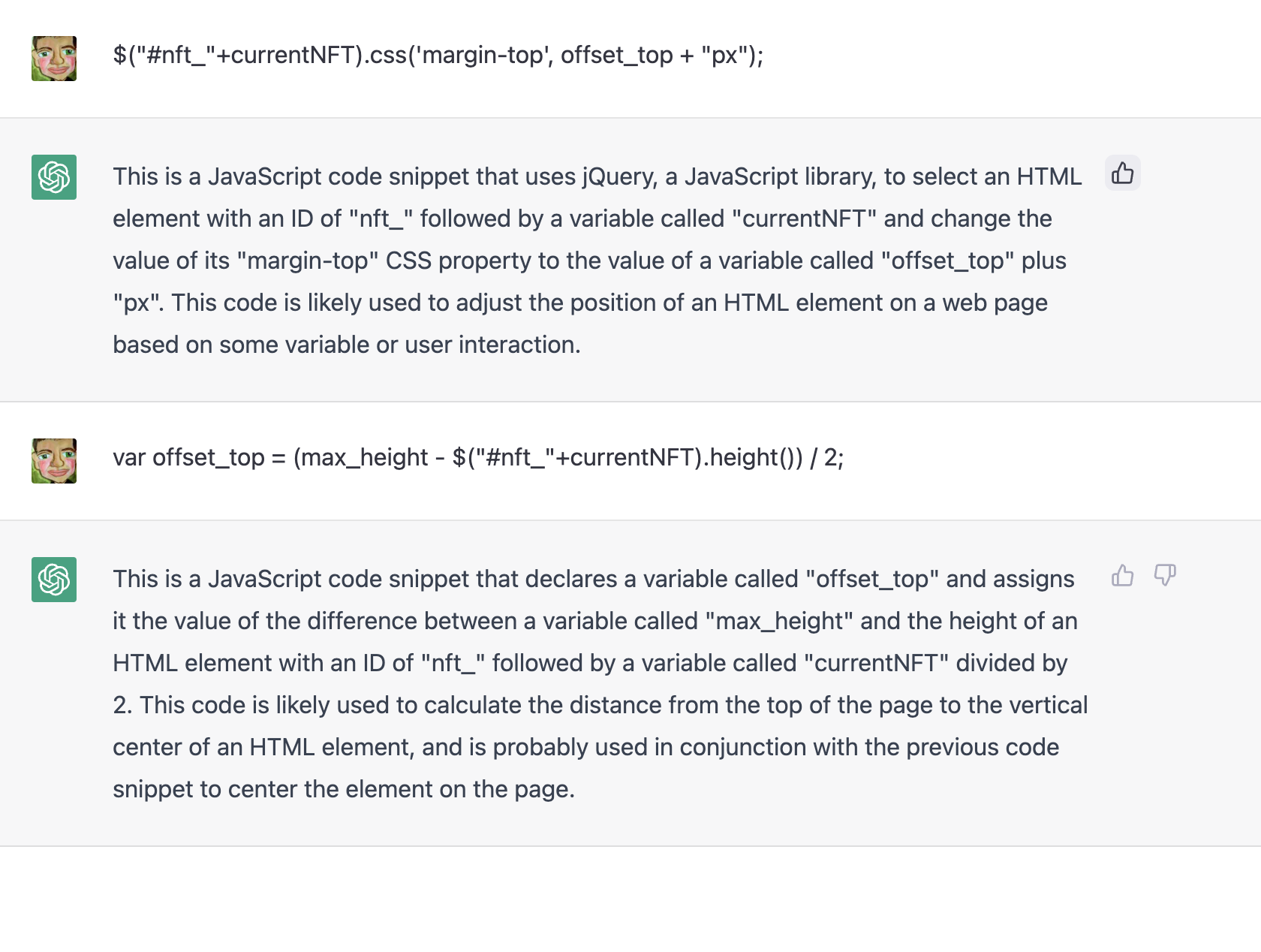First and foremost, this is not tax advice. I am not a tax advisor and you should never take anything you read here as tax advice. If you read something here that makes you think you should take some tax-related action, please always consult your tax advisor.
With that disclosure out of the way, I would like to talk about 83b elections.
An 83b election is a choice a taxpayer can make to pay the taxes in full at the time of the grant of an asset that vests over time and would otherwise be taxed as the asset vests.
So why would you want to do that?
Well, if the value of the asset at the time of grant is quite low and the taxes would not be significant to you, you might want to make an 83b election. Otherwise, you will be taxed as the asset vests and if the asset increases in value, those taxes could be significantly larger.
Let’s look at an example. Let’s say you join a company that is very early stage and you are one of the first employees. Let’s say you are granted 100,000 shares of restricted stock that vest over four years and the current value of each of those shares is $0.10. That means the entire grant is worth $10,000 (100,000*0.1). If you file an 83b election, you are volunteering to pay the taxes on that $10,000 even though the shares vest over the next four years. The taxes on that $10,000 will depend on where you live, but will generally be in the range of $2500 to $5000.
Now let’s say you decide not to file an 83b (or worse, you never heard of an 83b election and nobody suggested you file one). Let’s say one year later, your first vesting period happens, and 25,000 shares vest. And let’s say that the stock has increased significantly in value to $1/share over the first year. That means that the 25,000 shares that have vested will generate $25,000 in taxable income to you and the taxes you will owe on them will be in the range of $6,000 to $12,000. And you still have 75% of your grant unvested and the stock might keep going up, creating more taxes for you over the next three years.
You have 30 days post grant to file an 83b election so you must move quickly if you want to do this.
The downside of the 83b election is you will have paid the taxes on the stock even though you may leave the company and not vest into any or all of it. That is the risk you are taking when you file an 83b election and you must consider that risk when you make the election. In life, there are generally no free lunches.
If you are being granted restricted stock, founders stock, or some other asset that vests over time, you should ask your employer and your tax advisor if you should file an 83b election. There is a good chance you will want to.
The reason I decided to write about 83b elections today is that USV signed onto a comment letter to the IRS last week asking them to make e-filing and e-signing of 83b elections permanent. You can read the comment letter here.
83b elections are an important tax strategy for founders and early employees in startups and they should be used more frequently than they are. And it should be dead simple to file one. Taxes are hard enough for the average startup employee to understand and comply with. We should not make it harder.

